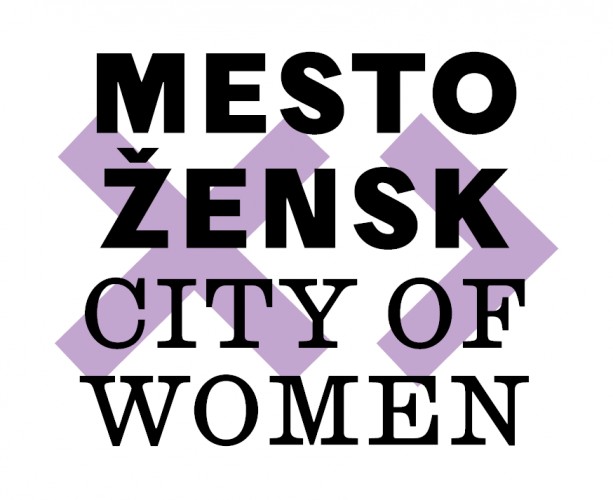"My film speaks of three women from a generation which went down in history as
a generation of culprits and victims. Their different life stories, different narratives and memories are all a part of one family. My family." (Anja Salomonowitz)
Hanka doesn't wish to speak about her time in Auschwitz, so she is not going to, this is the deal: Hanka is Anja Salomonowitz's great aunt, and one of three elderly protagonists in the film You Will Never Understand This/Das wirst du nie verstehen, a subversive attempt to tackle the documentary genre of witnesses of a certain time from a new angle. The second protagonist is called simply 'Aunt'; during World War Two she was a babysitter for the director's family, and a convinced socialist, supporting her uncle in the resistance movement. The third woman is the director's grandmother, who lived in Graz at the time. "She did what everybody else was doing: absolutely nothing", the author of the film resumes from her voice over.
"My best friend says: a film on the role of culprits and victims, and in your family you have got both", reasons Salomonowitz just prior to that, adding: "Like many other people, I think to myself: my grandparents could never be the culprits." This is why she asks questions, ultimately of herself: how can you make a film based on memories you know will contradict each other? She decides on some sort of laboratory experiment in which the leading actor becomes the recollection itself. You Will Never Understand This is immediately different from what we are used to seeing when survivors recount their memories of the war: the interiors of apartments are covered in white, as are the interviewees. This is not a personal environment; the situation in a comfortable living room is missing: a decision stressing not only what is spoken, the essence of memory, but also the director's ambivalent starting point. White blurs around the faces of her family, representing what could not be revealed even up close, what will not let go from the darkness of memory. Or what could not be dragged out: the film's title appears at its end. It is the last sentence spoken by Hanka; her discomfort with the film project was clear all along. Finally, Hanka announces over the phone that it is impossible to describe the burden a person is left with once he or she has survived a concentration camp: "You will never understand this", she says, and the screen goes completely white. It is the inevitable end which is not necessarily a failure, and even if it were, it would be a productive one: at this moment it is long evident that Anja Salomonowitz is not after individual clarifications, but rather a complex relationship towards reminiscence, towards testifying itself.
You Will Never Understand This does not fascinate and touch by individual stories, but as an attempt at reaching a resonance of contradictions between the 'subjective', personal and everyday of the present moment, also between the 'objective' and historical, by a complex contradiction in the relationship to the past. The inevitable result of this is dissonance, but it serves to sharpen the consciousness: the colour white which the director chose to build her film around serves as means towards enlightenment and not delusion.
Christoph Huber

